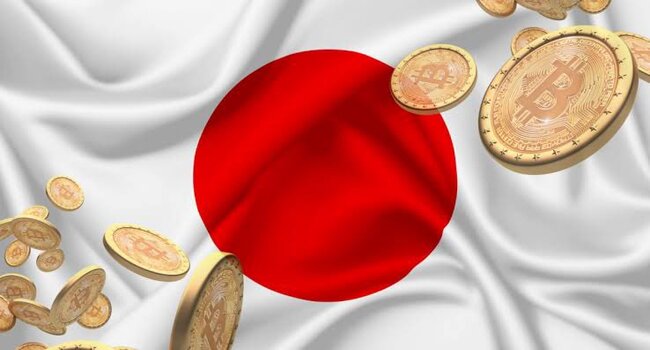EUR/USD remains stronger for the fourth successive session, trading around 1.1640 during the Asian hours on Monday. The pair edges higher as the Euro (EUR) receives support from after European Central Bank (ECB) Governing Council member José Luis Escrivá said on Sunday that he is satisfied with current settings for borrowing costs, while inflation is at target, per Bloomberg. Traders will observe German IFO Business Survey data later in the day.
However, the Euro could come under pressure as France’s Socialist Party leader, Olivier Faure, has threatened to topple Prime Minister Sébastien Lecornu’s government by Monday if the party’s budget demands are not met. Faure, whose party holds a decisive swing vote in the hung parliament, warned that he would submit a no-confidence motion unless higher taxes are imposed on billionaires, per Reuters.
The upside of the EUR/USD pair could be restrained as the US Dollar (USD) may gain ground following reports that United States (US) and Chinese negotiators have reached a consensus on major disputes. This development paves the way for Presidents Donald Trump and Xi Jinping to meet on Thursday to finalize a trade deal aimed at easing tensions. Officials in Malaysia announced after two days of talks that both sides had agreed on key issues, including export controls, fentanyl, and shipping levies.
US Treasury Secretary Scott Bessent told CBS News that President Trump’s threat to impose 100% tariffs on Chinese goods “is effectively off the table.” Bessent added that China has agreed to make “substantial” soybean purchases and to postpone its rare-earth export controls “for a year while they re-examine it.”
Euro FAQs
The Euro is the currency for the 19 European Union countries that belong to the Eurozone. It is the second most heavily traded currency in the world behind the US Dollar. In 2022, it accounted for 31% of all foreign exchange transactions, with an average daily turnover of over $2.2 trillion a day.
EUR/USD is the most heavily traded currency pair in the world, accounting for an estimated 30% off all transactions, followed by EUR/JPY (4%), EUR/GBP (3%) and EUR/AUD (2%).
The European Central Bank (ECB) in Frankfurt, Germany, is the reserve bank for the Eurozone. The ECB sets interest rates and manages monetary policy.
The ECB’s primary mandate is to maintain price stability, which means either controlling inflation or stimulating growth. Its primary tool is the raising or lowering of interest rates. Relatively high interest rates – or the expectation of higher rates – will usually benefit the Euro and vice versa.
The ECB Governing Council makes monetary policy decisions at meetings held eight times a year. Decisions are made by heads of the Eurozone national banks and six permanent members, including the President of the ECB, Christine Lagarde.
Eurozone inflation data, measured by the Harmonized Index of Consumer Prices (HICP), is an important econometric for the Euro. If inflation rises more than expected, especially if above the ECB’s 2% target, it obliges the ECB to raise interest rates to bring it back under control.
Relatively high interest rates compared to its counterparts will usually benefit the Euro, as it makes the region more attractive as a place for global investors to park their money.
Data releases gauge the health of the economy and can impact on the Euro. Indicators such as GDP, Manufacturing and Services PMIs, employment, and consumer sentiment surveys can all influence the direction of the single currency.
A strong economy is good for the Euro. Not only does it attract more foreign investment but it may encourage the ECB to put up interest rates, which will directly strengthen the Euro. Otherwise, if economic data is weak, the Euro is likely to fall.
Economic data for the four largest economies in the euro area (Germany, France, Italy and Spain) are especially significant, as they account for 75% of the Eurozone’s economy.
Another significant data release for the Euro is the Trade Balance. This indicator measures the difference between what a country earns from its exports and what it spends on imports over a given period.
If a country produces highly sought after exports then its currency will gain in value purely from the extra demand created from foreign buyers seeking to purchase these goods. Therefore, a positive net Trade Balance strengthens a currency and vice versa for a negative balance.
Source: https://www.fxstreet.com/news/eur-usd-gains-ground-toward-11650-ahead-of-german-ifo-business-survey-data-202510270118


